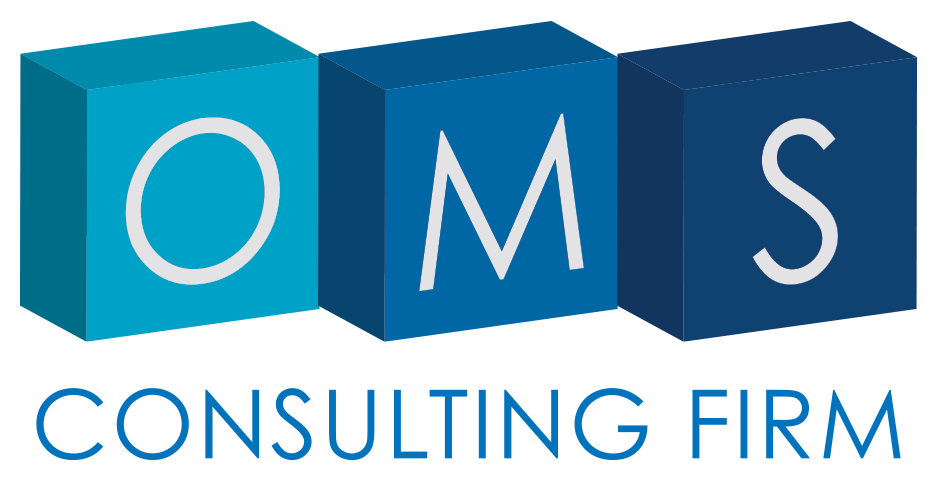Written by: Scott Graham, MHA, FACMPE, FAADOM
It’s clear why surgeons would want to purchase an Oral and Maxillofacial practice. Owning your own practice is often the goal for surgeons to create financial stability and growth and the ability to manage exactly how you practice medicine. Purchasing a practice, when it goes well, is a good way to have established patients and an established staff that those patients trust. Of course, there is risk involved: surgeons coming out of residency often have a heavy debt load and lack practice management experience.
OMS Practice Sales has helped practices around the country make this transition, and there are several items that make the transition successful for all parties involved. While this advice is from the perspective of the surgeon who wants to buy the practice, we have years of experience on all sides of practice transition management.
Lesson 1: Know a broker’s limits. Most selling doctors employ brokers, who typically earn 7-10% for the sale of the practice, and in some cases, the sale of the real estate. Brokers are valuable partners to the seller. Often gifted in the financial aspects of the sale—which is of most concern to the seller when it’s time to sell—they are not always thinking about or experienced in how the practice will transition during and after the sale. As a purchasing doctor, this is of utmost importance to you. In many instances, the broker will recommend keeping the sale private from the staff until the day the practice is sold.
Lesson 2: Transparency is key. Remember lesson 1? The broker is gifted financially, but is gone the day the practice changes hands. If you want to purchase a practice, it is important that as you walk through the buying process that you push for transparency with the existing staff. Practice transitions aren’t just a time of uncertainty for the practice seller and buyer. One of the most important things you are buying is a dedicated, competent staff. Pushing for transparency with the staff early in the buying process should be non negotiable, and it takes months of careful coordination and communication to ensure a positive transition.
Lesson 3: There are no secrets. The buying process involves all aspects of the practice. There will be information that needs to be collected, and the selling surgeon can’t be the only point of contact. The new buyer will need to know about legal and accounting services, licensing, compliance, HR, IT, policies, procedures, insurance credentialing, fee schedules, bank accounts, and marketing materials. Word will get out. The staff of an OMS practice has been trained to be the surgeon’s staff—they know when something is off. Do not allow rumors to fill the information gap. In the absence of information, the staff will become concerned that their jobs are at stake. You know that is far from reality, because one of the reasons why you want to buy a practice is for the staff that keeps the practice running smoothly. Ask to meet with the staff early and often in the practice so they can get to know you, you can get to know them, and you can provide assurances that their jobs are not at stake. It is important and appropriate for the selling doctor to be present for these meetings.
Lesson 4: Patients know more than you think. Oral and Maxillofacial Surgeons aren’t just people at work—they’re people after work, too. Word will get out that a surgeon is thinking of selling their practice. Do not make the mistake of thinking that patients will wait to see who the new surgeon is before choosing another practice. Early communication around the following questions will keep existing patients and avoid a drop in practice value early in the buying process:
- What is the new provider’s credentials and experience?
- Will insurance coverage remain the same, or even expand?
- Will costs change?
- What is the new provider’s philosophy of care and is it different than the current provider?
Lesson 5: Your seller has a broker. You need a partner, too. OMS Practice Sales has represented plenty of surgeons in the buying process. Thoughtfully done, the transition takes months. We provide evaluations of the practice, give opinions on the practice’s value, give management consulting advice, and embed ourselves in the early management of the practice. The broker has eyes on the financial aspects. We deal in the long term success of the practice, including personnel management and financial guidance for the buyer. When you are buying a practice, you’re buying the goodwill created by the previous owner as much as the real estate or current patient base. You know that you want to keep the staff that has made the practice so attractive to buy, but the staff does not know that.
Lesson 6: The real work starts after signing the Letter of Intent. Once the letter of intent is signed by both parties, it’s time to meet the staff. This works best when the seller is willing to stay on and help the transition, since the staff trusts them. Ideally, we recommend that the retiring doctor stay on for several months to provide guidance and a smooth transition. You’ve received years of training to be a skilled Oral and Maxillofacial Surgeon. You need a partner to ensure a smooth sale so you can use those skills.
When it’s time to buy your own practice, start with contacting OMS Practice Sales. We have the blueprint to make your purchase successful. Call us at 833.OMS.FIRM or email us: scott@omspracticesales.com today to start.


Recent Comments